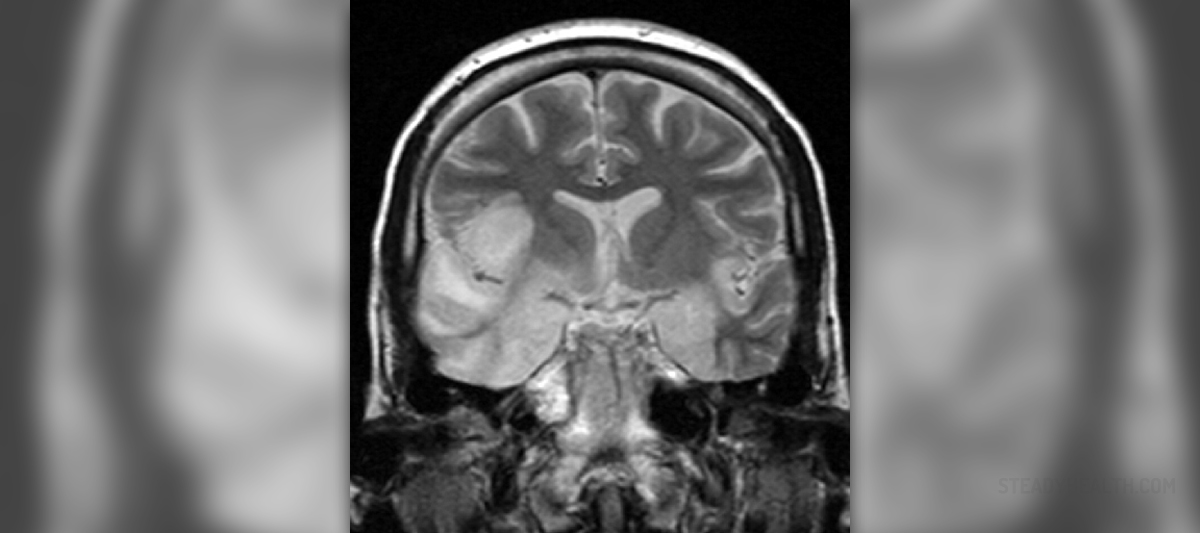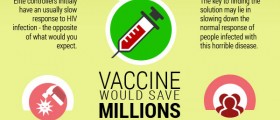
Herpes encephalitis, inflammation of the brain caused by Herpes simplex virus, is not so common medical condition. Still, it accounts for 10% of all cases of encephalitis.
Transmission of the Infection
Herpes encephalitis develops as a result of infection caused by Herpes simplex virus type 1 or 2. As far as type 1 Herpes simplex virus is concerned, the infection is reported in people of all ages, predominantly people under the age of 20 and those older than 40.
Type 1 Herpes simplex virus is transmitted via direct contact with an infected person. Type 2 Herpes simplex virus is transmitted through sexual contact and may affect babies who pass through birth canal of mothers with active genital infection. So, generally speaking encephalitis is rarely caused by Herpes virus type 2.
Type 1 Herpes simplex virus is basically blamed for cold sores and fever blisters. However, under certain circumstances, the virus can travel to the brain and initiate its inflammation.
Herpes Encephalitis Clinical Characteristics
Typical symptoms affecting people suffering from herpes encephalitis are headache and fever that lasts for up to 5 days.
Inflammation of the brain is also blamed for seizures, hallucinations, partial paralysis, altered levels of consciousness and personality/behavioral changes. Patients may feel nauseated and vomit.
In most adults as well as children beyond neonatal period herpes encephalitis is localized in the frontal and temporal lobes. The condition is quite severe and potentially lethal.
As for newborns, herpes simplex encephalitis is characterized by lethargy, irritability, tremors, seizures and poor feeding.
This is a serious medical condition which requires hospitalization. So, in case of any of the mentioned symptoms and signs, it is best to seek medical assistance immediately.Herpes Encephalitis Treatment and Prognosis
Herpes encephalitis is treated with intravenous antiviral drugs such as acyclovir. Without appropriate treatment around 70% of all patients may die.
Apart from treatment that actually acts against infectious agents responsible for the infection, almost all patients receive symptomatic treatment which efficiently brings all the symptoms of brain inflammation under control. For instance, such patients require intravenous fluids, pain killers and in case there are seizures,they are also administered antiepileptic drugs. The best chances for recovery are when treatment starts within first 48 hours of the onset of the infection.
In rare cases, treated patients may have a relapse of the infection. Relapse is reported weeks or months after the initial infection. Unfortunately, survivors of herpes encephalitis may suffer neurological damage of different degree. Some neurological sequelae are reversible while others remain for the rest of patient's life.

















Your thoughts on this
Loading...